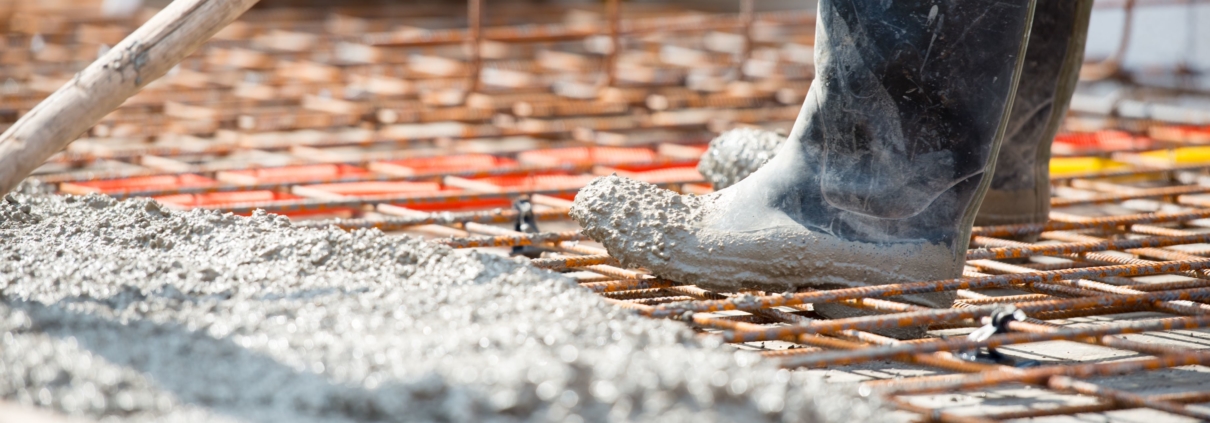When Is the Best Time of Year for a Foundation Repair – Our Guide
If you suspect a problem or are on the hunt for a new home, it’s important to consider when the best time of year is to have your foundation repaired. Nobody enjoys the expense that comes with a major repair but leaving it too long can cause more problems in the future. In any case, you might be wondering when to get your foundation repaired in the first place. Here’s what you need to consider.
During the Winter
From mid-December to March, the ground is considerably colder, which makes your home foundation more stable and easier to monitor for damage. In most cases, experts believe this is the best time to repair your foundation or tend to cracks. This is because stable soil prevents any damage from worsening. However, getting a foundation repair during this time of the year can mean having to postpone vacation plans, which is usually a big enough deterrent for most homeowners.
During the Spring
From April to June, heavy spring rains can cause cracks and, even worse, make them weep. At this point in the year, while doing spring cleaning, you’ll need to monitor these cracks on a weekly basis. Because foundation problems tend to be more obvious during this time of the year, you might be better off hiring home restoration services to assess the damage themselves.
As Soon as They Come
Though some experts may recommend getting your repairs done during certain times of the year, the correct time to do so is as soon as you notice any problems or damage. Waiting for a certain time of year or for specific conditions to become more apparent only allows your foundation problems to worsen and repair costs to skyrocket.
Remember, there are experts for a reason! What might look to you to be a minor inconvenience may just be the underlying problem to a much larger repair. The longer you put off your repairs, the longer you might have to wait to get an appointment at all. As the damage worsens, you won’t just be paying with your time or money—extreme cases might force you out of your home altogether.
That being said, here are signs of any foundation issues that you’ll want to look out for:
- Hairline fractures or cracks in your base
- Sloping, sagging or buckling of your floors
- Large ruptures or gaps
- Flaking and crumbling of major foundation
- Moisture or mold
- Water damage or soil shifting (soil that is unusually wet or unusually dry for the season)
- Sagging or warped floors
- Warped ceilings
- Cracking, crumbling, or buckling of walls, pillars, moulding, joints, or chimneys
- Improperly fitting doors and windows due to warped crevices
Conclusion
No, your home’s foundation isn’t going to collapse as soon as you spot a tiny crack—but it can if you leave the damage to worsen. There is no “right” season to get your foundation assessed other than when damages occur. However, you will want to get your home evaluated annually, to avoid any oversights.
Looking for home restoration services in Toronto? At Red Robin Masonry, we’ve got the tools! Equipped with the best inventory and masons in the city, we guarantee quality at competitive prices.




Leave a Reply
Want to join the discussion?Feel free to contribute!